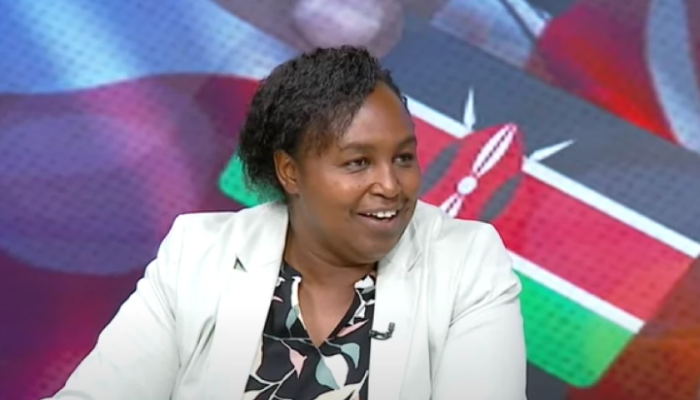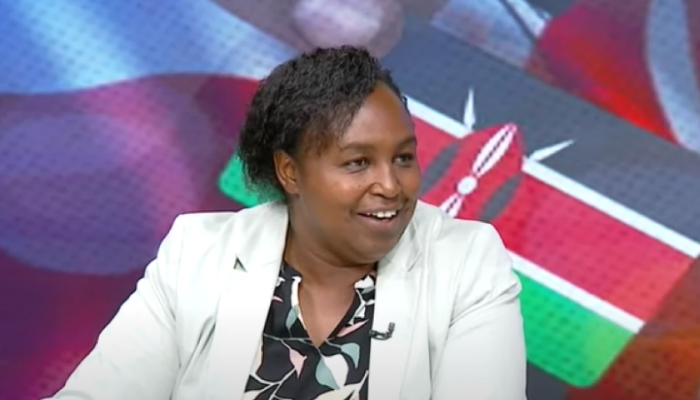
Aldai MP Marianne Kitany has come to the defense of President William Ruto amid rising criticism over his sharply increased domestic travel budget, which has soared during the current financial year. According to Kitany, the expanded budget is essential for enabling the president to engage more directly with ordinary Kenyans at the grassroots level.
Speaking on Citizen TV on Tuesday, Kitany said:
“When we increase his budget, he is able to travel and listen to people on the ground. Then we start complaining that we are using so much money. When a president travels, there’s a lot of planning involved to ensure he can fulfill his commitment to the people.”
The comments come in light of official records showing that President Ruto’s local travel expenditure rose dramatically — from Ksh.750 million in the first nine months of the 2023/2024 fiscal year to Ksh.1.7 billion during the same period in FY 2024/2025, representing a 126% increase. This surge has sparked public concern over government spending, especially in the context of Ruto’s own pledge to pursue austerity after he declined to sign the unpopular Finance Bill into law.
Kitany dismissed the backlash as shortsighted, insisting that a sitting head of state cannot operate under minimal travel resources due to both logistical and security requirements.
“He can’t travel lean. He has tried, but you have to appreciate that he is the symbol of national unity, so he must be provided the necessary protection and means to reach the people.”
She also emphasized the developmental value of Ruto’s tours, stating:
“To me, what matters is the outcome — what work is being done. He is going to the people, listening to them, and delivering on the development agenda.” However, not all lawmakers share this view.
Githunguri MP Gathoni Wamuchomba sharply criticized the president’s spending, citing a recent visit to her constituency where, she claimed, Ruto arrived with a fleet of nine helicopters — despite the area being only a 12-minute drive from Nairobi’s Central Business District in clear traffic.
“He came to lecture me for saying NO to the Finance Bill. Is that what you call listening?” she asked, accusing the president of using public funds for political theatrics rather than genuine engagement.
Wamuchomba’s remarks highlight growing discontent within and beyond Parliament regarding what many see as contradictory leadership — one that preaches economic prudence while presiding over lavish expenditures. This controversy unfolds just weeks after President Ruto publicly withdrew the 2024 Finance Bill following massive public protests, particularly from Kenyan youth mobilized under the “Gen Z” movement. The president had vowed to adopt strict cost-cutting measures and even proposed reducing the size of his cabinet, moves now seen by critics as inconsistent with ongoing high travel costs.
Additionally, public trust has been eroded further by reports that Ruto has made over 130 domestic trips since taking office in 2022 — many involving large entourages, logistical convoys, and aerial transport, which significantly inflate operational expenses.
Analysts argue that while engaging the public is vital, such engagement should be fiscally sustainable, especially in a country grappling with debt distress, rising living costs, and high unemployment. The Office of the Auditor General is expected to review executive travel expenditures more closely in its upcoming public finance transparency report.
With pressure mounting and the 2027 general elections looming in the background, how President Ruto reconciles his promises of fiscal discipline with the realities of executive spending may prove pivotal in shaping both his legacy and public confidence in his leadership.

